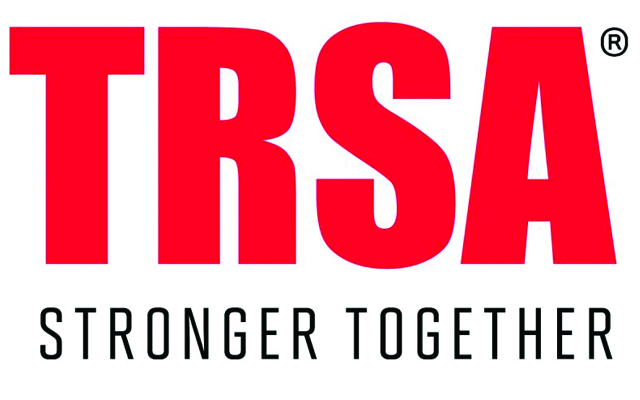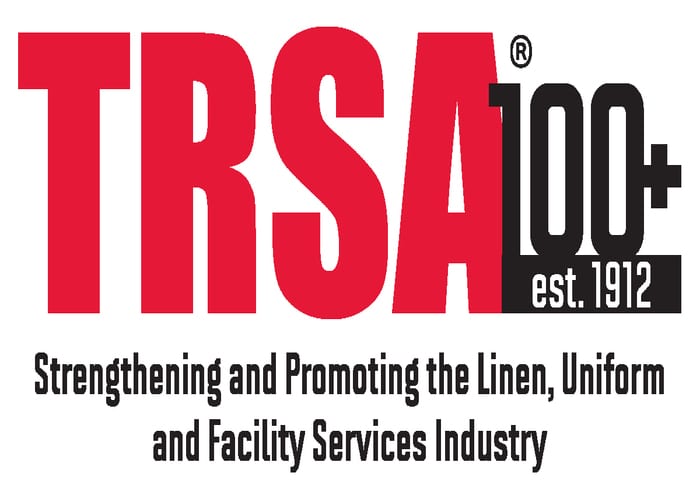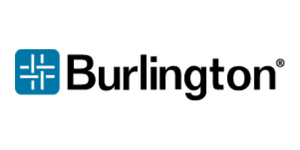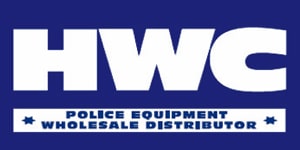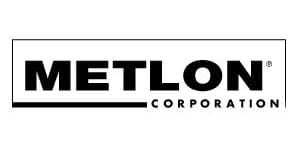Sixty TRSA members participated in Capitol Hill meetings today to promote the textile services industry to members of Congress and to advance TRSA’s positions on labor, rulemaking and fair business competition.
Participants highlighted the industry’s contributions to the U.S. economy as an employer and consumer of goods and services, estimating its impact at 200,000 jobs. Textile services are essential contributors to the profitability of businesses that use them, TRSA members told legislators and their staffs. The industry improves its customers’ sustainability, reducing their waste and other costs by providing them with highly efficient laundering and effective inventory control of reusable textile products they require to serve their customers.
Kevin Schwalb, TRSA government relations VP, noted the TRSA Hill contingent was the largest since the association introduced its annual Leadership & Legislative Conference, held each year in Washington since 2011. “Our members have long recognized the extent of value they bring to their individual customers. Now they are increasingly collaborating to build public awareness of their collective impact on the economy, growing stronger together,” he said.
Issues they discussed in TRSA’s Congressional meetings included:
NLRB union-organizing election rule. TRSA supports use of the Congressional Review Act (CRA) to invalidate the National Labor Relations Board (NLRB) ambush election regulation. Set to be enacted in April, it will reduce the current median time of 38 days between filing for and conducting an election to as few as 14 days. This dramatically curtails employers’ ability to communicate with employees before an election. The CRA provides streamlined means for Congress to disapprove regulations issued by federal agencies.
Regulatory flexibility. TRSA is asking legislators to support the Regulations from the Executive in Need of Scrutiny (REINS) Act, which would require that Congress affirmatively approve every new rule that would cost the economy $100 million or more; and the Regulatory Accountability Act (House only), which would increase federal agencies’ transparency in rule development and require them to consider alternatives that achieve their proposals’ objectives at a lower cost.
Subminimum wage. The Integrated and Meaningful Employment (TIME) Act, a House measure, would phase out issuing permits to companies for compensating individuals with disabilities at less than minimum wage. Such arrangements incentivize organizations to exploit labor by paying them less than they deserve for the level of productivity they generate, as well as failing to facilitate their employment in the mainstream economy. TRSA members back the TIME Act as a means of curtailing unfair competition when illegally low wages enable predatory pricing.
Following morning Hill meetings, conference participants gathered for TRSA committee meetings at the event’s host facility, the Gaylord National Resort in National Harbor, Md. These meetings involved members in developing TRSA resources to improve everyday practices to build their competitive edge, such as:
• Professional development programs (conferences, webinars, educational institutes)
• Corporate and personal certifications (Clean Green, Hygienically Clean, Certified Professional Laundry Manager)
• Information-sharing (Textile Services and Textile Services Weekly articles)
• Research (industry benchmarking, customer perception studies)
Learn more about the issues discussed at the conference and see photos at #TRSALEGCON2015.




